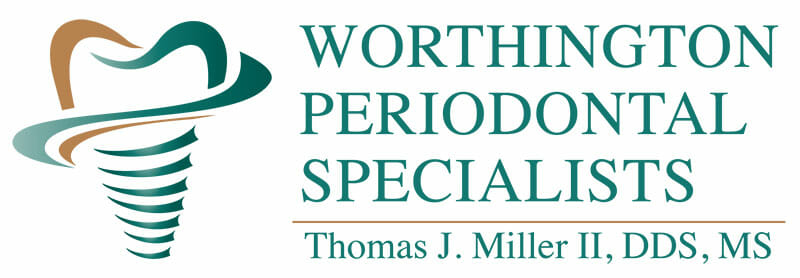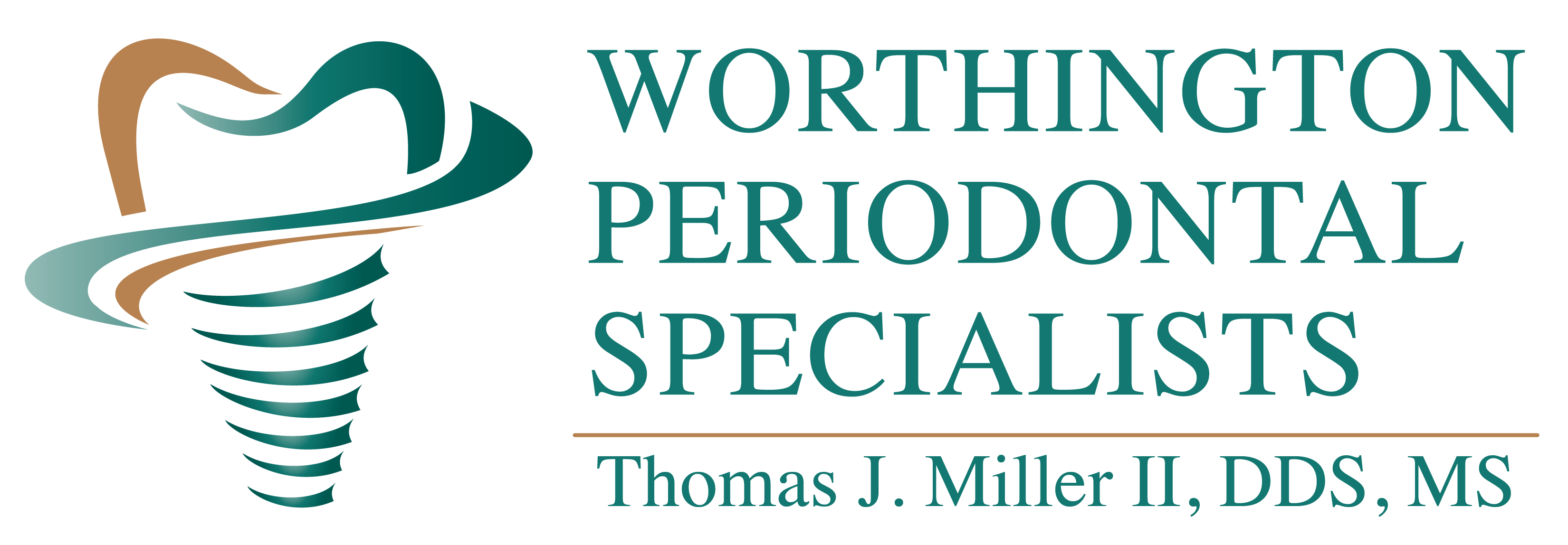Bad Breath (Halitosis) Treatment Worthington, OH
Schedule Your Gum Disease Consultation Today! Appointments
Bad breath can be a result of poor dental hygiene but can also be a sign of other health problems.
Factors that affect bad breath include:
- Food
- Poor Oral Hygiene
- Lifestyle Habits
- Gum Disease
- Dry Mouth
- Chronic Illness
- Practice good oral hygiene by brushing teeth twice a day with a fluoride toothpaste and flossing regularly
- Have teeth professionally cleaned according to your treatment plan
- Stop smoking or chewing tobacco-based products
- Maintain a food log to identify any foods with strong odors
Featured Services
- Bone Grafting
- Bruxism Teeth Grinding
- Chao Pinhole Surgical Technique (PST)
- Dental Implants
- Gingivectomy
- Guided Tissue Regeneration
- Gum Grafting
- Osseous Surgery
- Periodontal Maintenance
- Periodontal Plastic Surgery
- Ridge Augmentation
- Ridge Preservation
- Scaling and Root Planing
- Sedation
- Sinus Lift
- TMJ
- Tooth Extraction
For New Patients
Oral health problems are greatly increased when a daily brushing and flossing regimen is not followed. Gum recession and bad breath are among these problems that can develop, and are signs of gum disease. Bad breath has a medical term called halitosis. Patients suffering from halitosis may want to schedule an appointment with Dr. TJ Miller II to seek dental care for Worthington and Columbus, OH.
Bad Breath from Food
Bad breath can be attributed to other causes outside of gum disease. Eating foods with strong odors can be a culprit for bad breath. Foods such as garlic, cheese, fish and onions can cause bad breath. You can mask the odor temporarily by brushing or flossing after eating these foods, but this will not eliminate their effects until they have completely passed through your body.
Bad Breath from Poor Oral Hygiene
Most people experiencing bad breath have bacterial growth between their teeth and around the gums. For most people brushing, flossing and using a tongue scrapper daily helps eliminate bad breath and slow gum recession. An antibacterial mouthwash used on a daily basis enhances the positive effects of a good dental hygiene routine. Without taking these steps regularly, your mouth fills with bacteria causing bad breath.
Lifestyle Habits Causing Bad Breath
Lifestyle habits in combination with poor oral hygiene can also contribute to halitosis in patients. Smoking, or using other tobacco products, can cause constant bad breath. Tobacco products also affect taste buds and cause gum irritation leading to gum recession.
Bad Breath from Gum Disease
Bad breath that is not easily remedied can be a sign of gum disease, or periodontal disease. Excessive plaque buildup on your teeth allows bacteria to grow, creating toxin in your mouth. The toxins eventually irate the gums and begin breaking down the gum tissue causing gum recession. They also break down the bone in your jaw. Very noticeable bad breath could be an indication of a living infection growing and spreading in your mouth.
Other Causes of Bad Breath
Bad breath can be an indication of a number of other health problems including yeast infections of the mouth, cavities, chronic sinus infections, respiratory tract infections, diabetes, chronic acid reflux, and liver or kidney problems.
Preventing Bad Breath
See Dr. TJ Miller II regularly to prevent halitosis. Regular cleanings and practicing good oral hygiene are also important things to do to prevent bad breath. If you are suffering from periodontal disease or gum recession, seek treatment as early as possible to prevent worse side effects.
If you are experiencing bad breath, set up a consultation with Dr. TJ Miller II for dental care in Worthington and Columbus, OH. They can create a treatment plan to address your bad breath symptoms and diagnose periodontal disease.



Review our office or socialize with us!